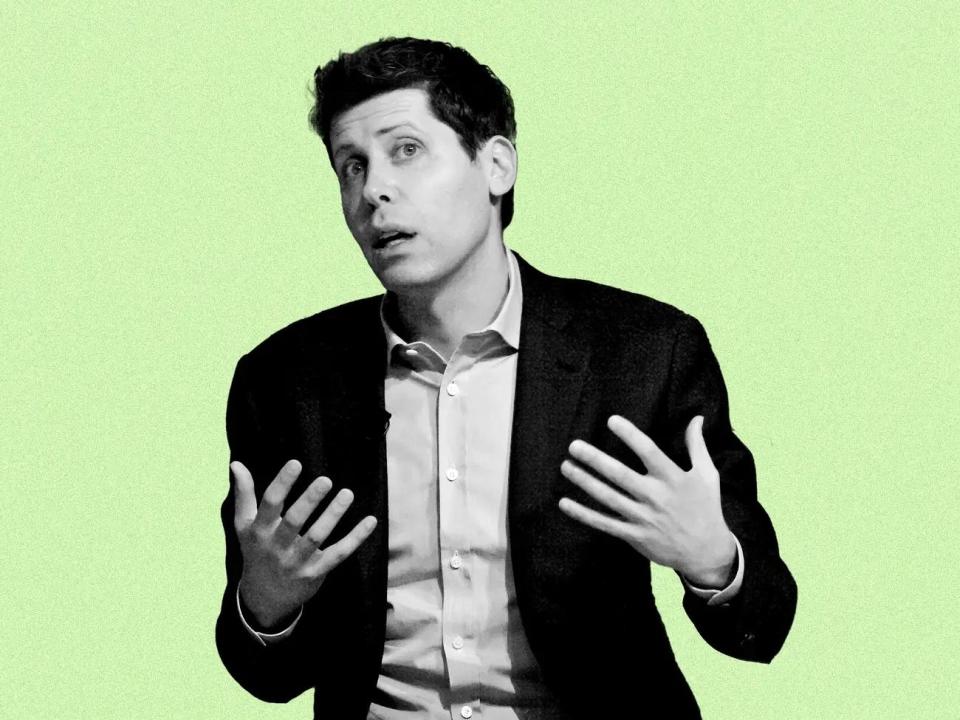Part 1: Dionysus#
Call option price is analogous to the difference between the
base-case&clinical-scenario; i.e.,logHR. In clinical medicine, we’ve kept our cumulative distribution functions non-parametric, at least for our base-case (62,000 citations: Google Scholar)
where:
Here, \(C\) is the call option price, \(S_0\) is the current stock price, \(X\) is the strike price, \(r\) is the risk-free interest rate, \(T\) is the time to maturity, \(\sigma\) is the volatility of the stock, and \(\mathcal{N}(\cdot)\) is the cumulative distribution function of the standard normal distribution.
1. Chaos
\
2. Frenzy -> 4. Unpredictable -> 5. Algorithm -> 6. Binary
/
3. Random-Walk
Efficient-Market Hypothesis#
Null 1, 2, 3#
Voir: Random brownian motion as seen in digital information from Bloomberg Terminal; \(\text{H}_0:\)logHR=0Savoir: Compute may find patterns than Eugene Fama’s mind couldn’tPouvoir: \(\mu | \text{X}\beta\) ; \(\sigma | t\); two overlayed multivariable Kaplan-Meier’s
Sing O Muse 4#
Unpredictable: Estimates conditional on factors millions of orders of magnitude more than human mind “tameth”; no wonder there’s been gnashing of teeth
Alternative 5, 6#
Identity: Some quants, programmers, and algorithms have produced better returns than the null-hypothesis over decadesAchievements: Using super-humanAIcapabilities of machines to handle \(N^N\) parameters, Jim Simmons is the best way to summarize this
